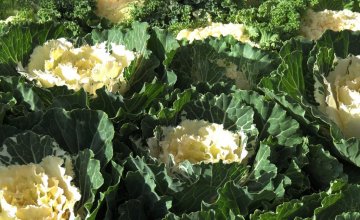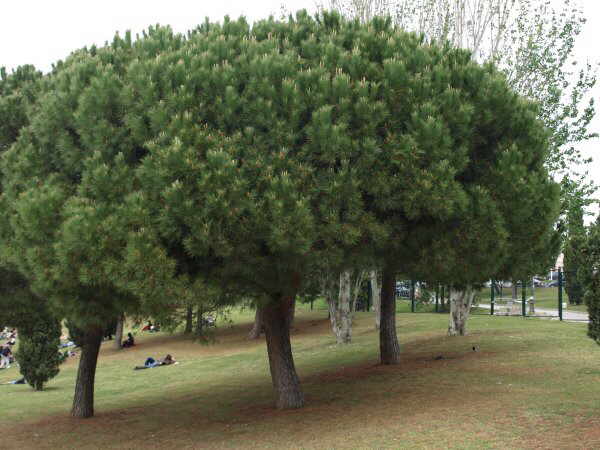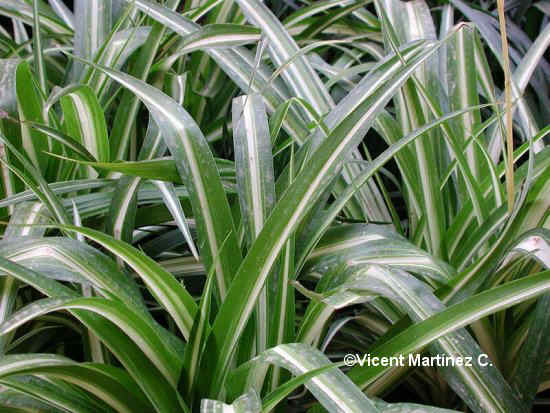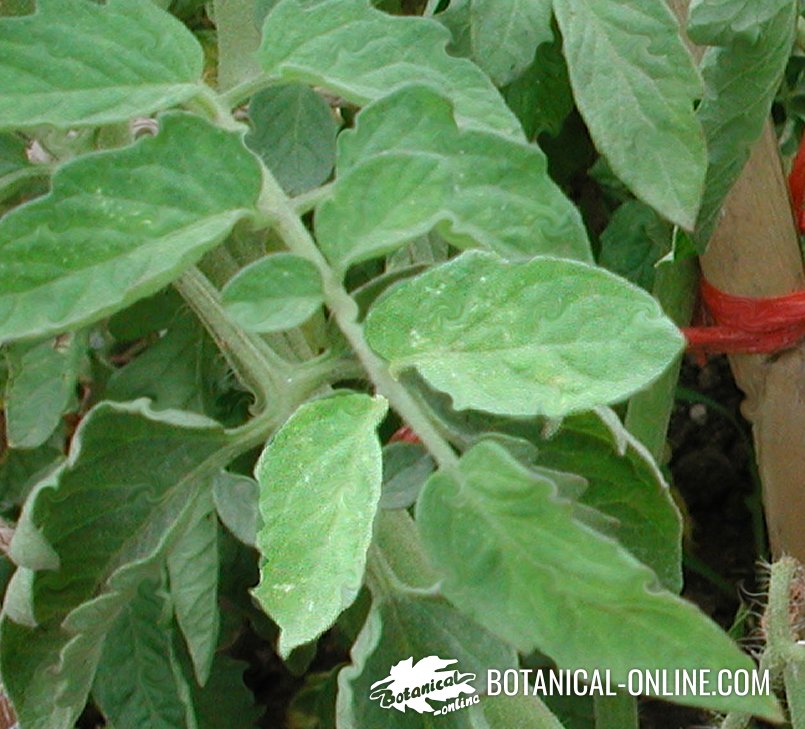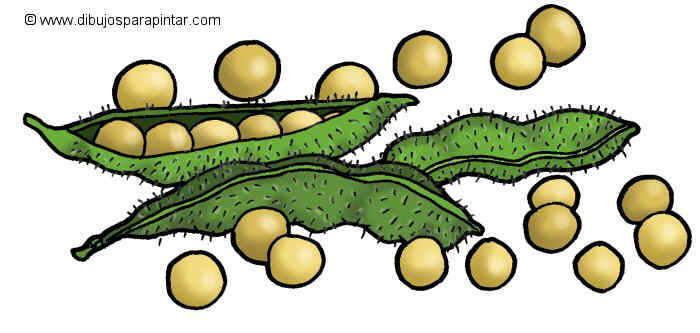Contents
- 1 Medicinal plants and food to prevent cancer
- 1.1 FOODS FROM CRUCIFERAE FAMILY ARE GOOD FOR CANCER PREVENTION
- 1.2 What are cruciferous vegetables?
- 1.3 Why do cabbage and alike protect us against cancer?
- 1.4 Glucosinolates of cruciferous to prevent cancer
- 1.5 Foods rich in glucosinolates
- 1.6 Which type of cancers do cruciferous protect us from?
- 1.7 What type of cancer do cruciferous protect us from?
- 1.8 What are the major cruciferous vegetables?
- 1.9 How many cruciferous should we eat a day or a week?
Medicinal plants and food to prevent cancer
FOODS FROM CRUCIFERAE FAMILY ARE GOOD FOR CANCER PREVENTION
What are cruciferous vegetables?
The plants of the family of cruciferous or brassica family is characterized by having four petals in a cross, from which it takes its family name.
Because of the anticancer potential of these foods, cruciferous vegetables play a fundamental role in all kinds of diets for cancer.
Why do cabbage and alike protect us against cancer?
These foods protect us against cancer because they contain components with anticancer properties. All of them are very rich in vitamin C, chlorophyll and beta-carotene, powerful antioxidants that can neutralize free radicals which are the main responsible for the development of cancerous tumors.
They also contain other components such as cysteine , an amino acid with antioxidant properties and a very prominent detoxifier.
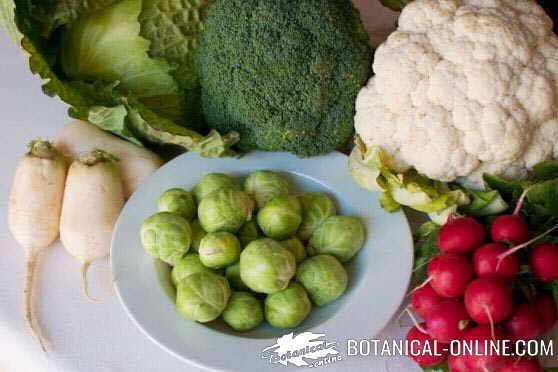
Photo of cruciferous: cabbage, radishes, turnips, Brussels sprouts, cauliflower and broccoli
Glucosinolates of cruciferous to prevent cancer
Crucifers also contain some very important anticancerous principles: glucosinolates.
When these raw vegetables are chewed, the plant cell membranes are broken and an enzyme called myrosinase is released. This enzyme breaks down the glucosinolates into isothiocyanates, thiocyanates and indoles.
These are very aromatic substances to ward off predators of plants in the wild, but in our body, isothiocyanates and indoles protect us against some types of cancer.
Foods rich in glucosinolates
These components are almost exclusive to the cruciferous ones, because they are also contained in two other vegetables, in nasturtium (Tropaeolum majus), in moringa (Moringa oleifera) and in rough cocklebur (Xanthium strumarium). However, the most important sources are cruciferous. As an example, broccoli contains an isothiocyanate called sulforaphane.
Which type of cancers do cruciferous protect us from?
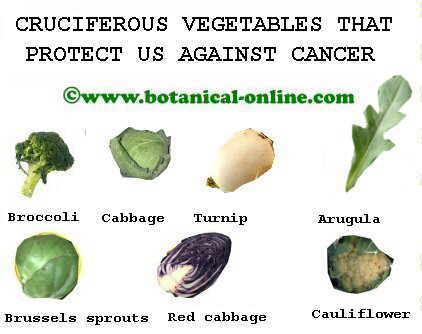 Some food of the cruciferous family with anticancer properties
Some food of the cruciferous family with anticancer properties
What type of cancer do cruciferous protect us from?
This group of vegetables, also called ” winter vegetables ” are the most important foods to protect us against all types of cancer, although its effectiveness is mainly seen in stomach, breast, lung, ovarian, prostate and colon cancers.
It has been found that eating 250g.of cruciferous vegetables daily will help remove carcinogens, whereof this type of vegetables constitutes a dietary important factor in the prevention of colon cancer.
Indoles are involved in the regulation of estrogen, thus they also help prevent breast cancer.
What are the major cruciferous vegetables?
The main food of the cruciferous family include the following:
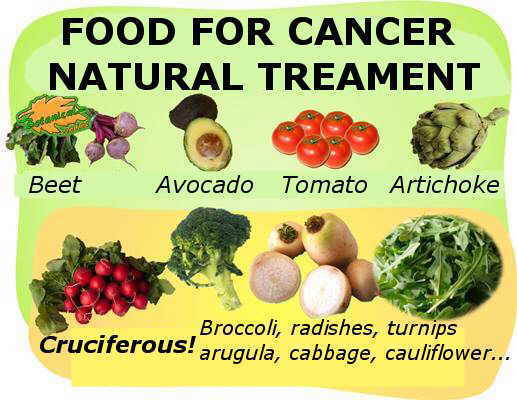
Some of the main interesting foods in the diet against cancer, that can help in the prevention of certain types of cancer
How many cruciferous should we eat a day or a week?
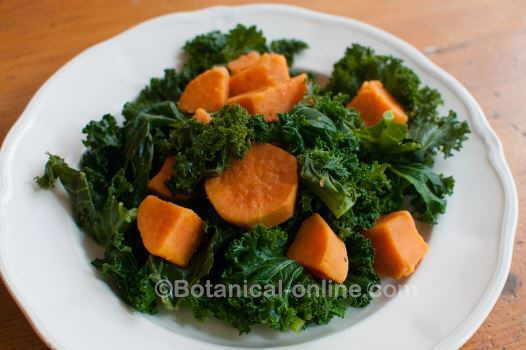
Photo of cabbage kale with boiled sweet potato, a very good example of a cruciferous food (cabbage kale) mixed sweet potato, very rich in betacarotene
Cabbage, broccoli and cauliflower are vegetables that should not be lacking in the diet for cancer.
It will be convenient to eat one of these vegetables every day or every two days, through sauerkraut, arugula salads or other boiled, steamed or sautéed dishes.
Another way to eat them is through the natural mustard sauce, although it is not usually recommended because it can irritate the stomach.
If you perform very high cooking, such as baked or fried, they destroy practically all their properties, vitamins and phytochemicals.
![]() More information about cancer
More information about cancer


